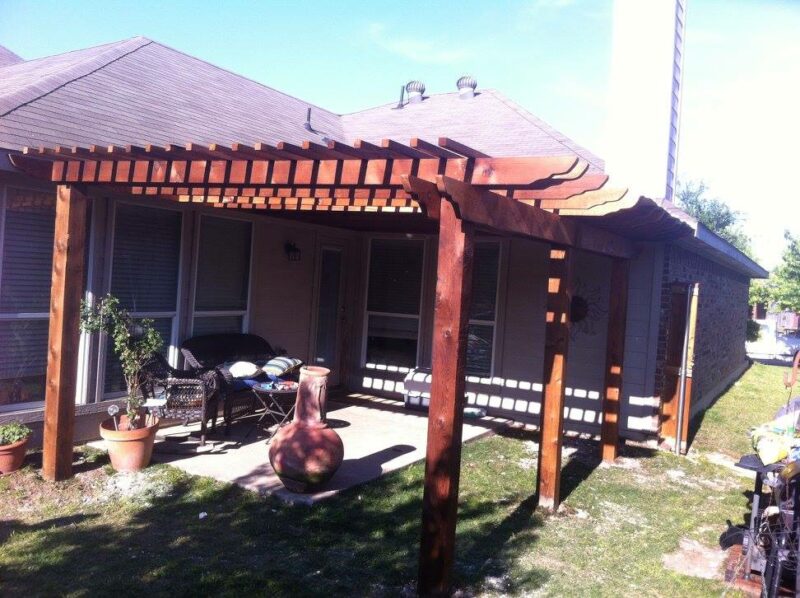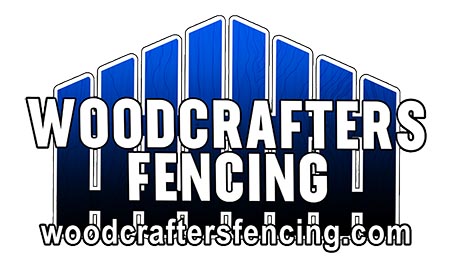Four Common Materials for Pergolas for Pergolas
Pergolas add shade, value, and beauty to a property, and they come in many styles. You’ll want to choose a material that suits your unique needs for your pergola. Here are four materials that work well for pergolas.

Wood
Wood is a common choice for pergolas because of its natural appearance. It works well for freestanding pergolas and pergolas that are part of a wall. Mahogany, redwood, and cedar are ideal woods to use because they contain natural oils that help the wood resist rot, fungi, insects, decay, and termites.
Metal
If resistance and durability matter more to you than aesthetics, a metal pergola is a good choice. Steel pergolas are sturdy and highly resilient, and they create shade and shelter gardens well. Aluminum pergolas are cost-effective and easy to install due to light weight, and they withstand weathering nicely with their nonporous surface. Some metal pergolas are vulnerable to rusting, but regular maintenance with suitable sealers helps to prevent rust from developing.
Brick or Stone
Often property owners choose brick or stone pergolas to match the home’s material. These pergolas can act as an extension to the property. They require little maintenance, and they have good resistance.
PVC
PVC pergolas require little maintenance and don’t experience the problems that wood and metal pergolas do. Thick types of PVC offer stronger resistance than thinner PVC.
The highly skilled team at Woodcrafters Fencing can help you choose the right material for your pergola. To learn more about this topic, please contact us.
